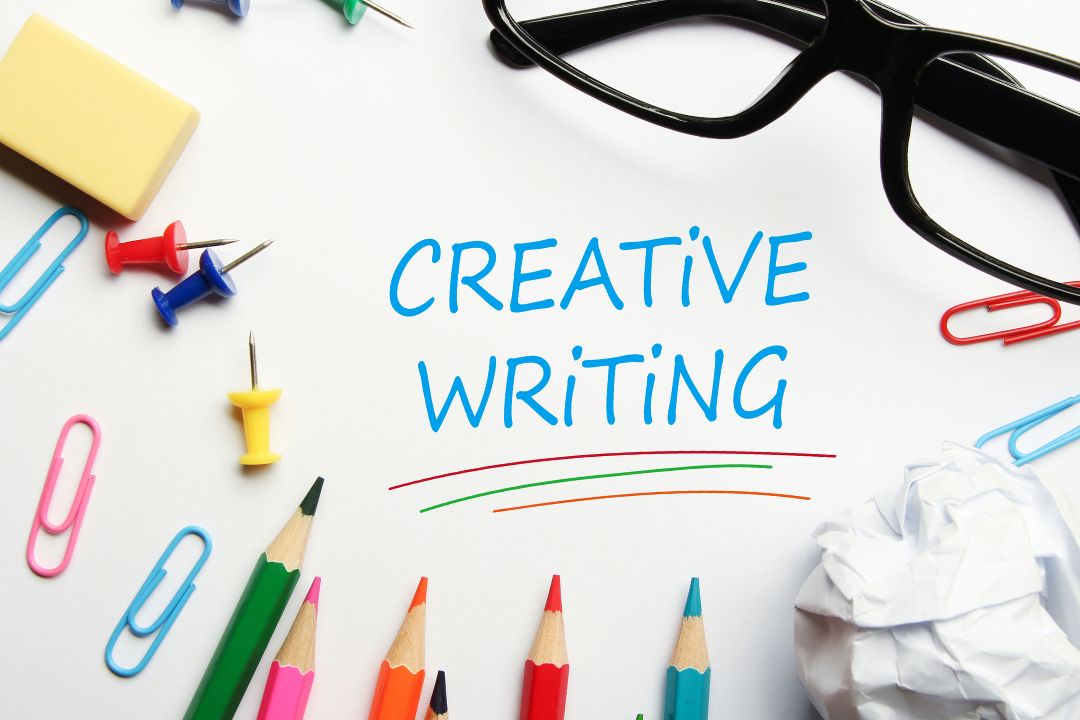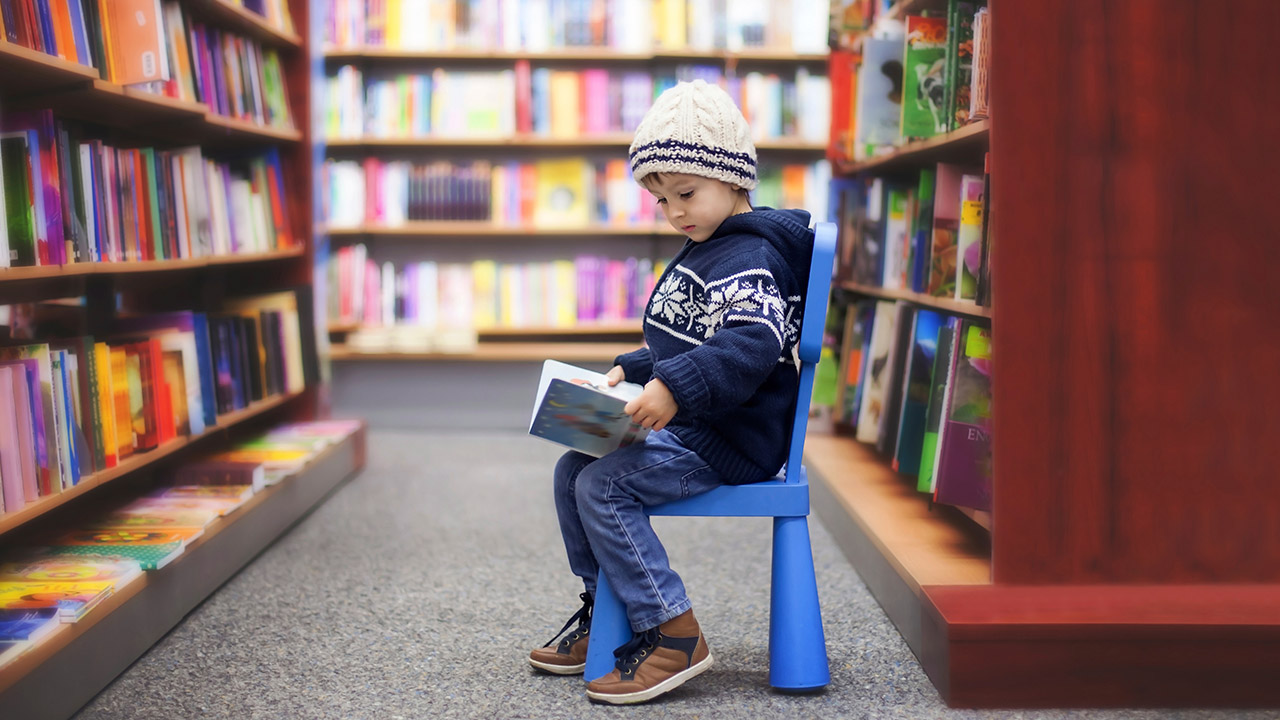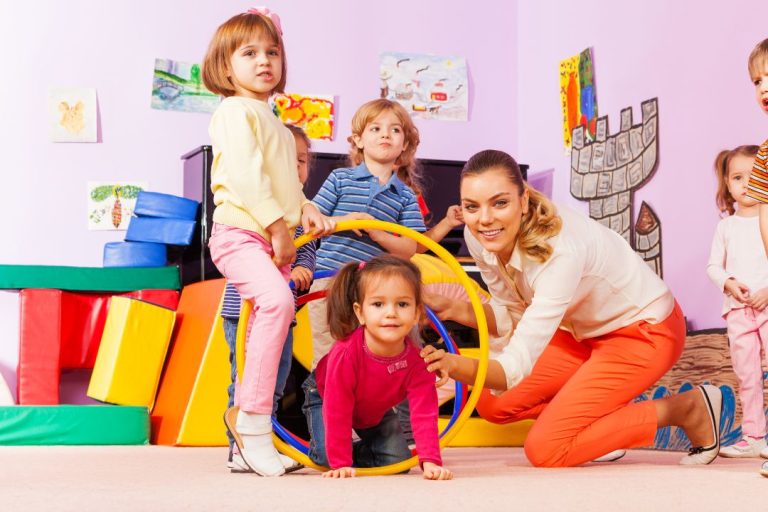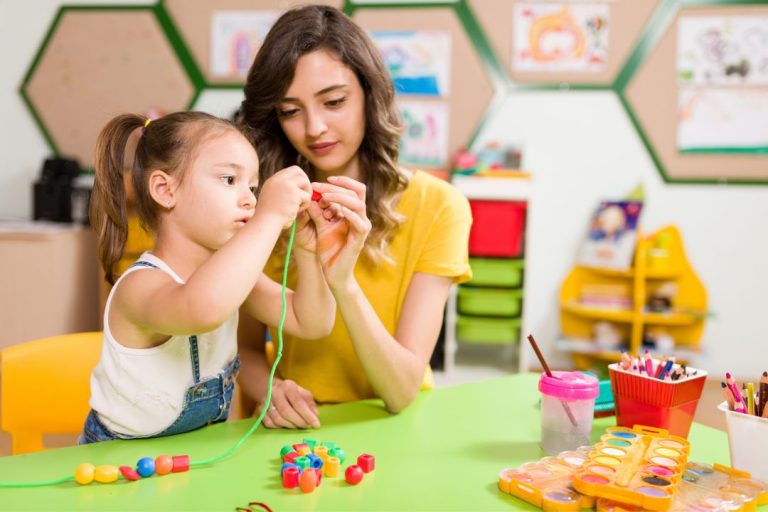How to Use Creative Writing to Enhance Early Literacy Skills

To enhance early literacy skills, use creative writing activities that engage children in storytelling, journaling, and imaginative writing. By incorporating these activities, children can improve their vocabulary, grammar, and comprehension skills while nurturing their creativity.
Creative writing plays a crucial role in developing early literacy skills in children. It provides an avenue for them to express themselves, explore language, and expand their imagination. Through storytelling, journaling, and imaginative writing, children develop essential language skills, including vocabulary, grammar, and comprehension.
Moreover, creative writing activities promote critical thinking and problem-solving abilities while fostering a love for reading and writing. This article will explore the numerous ways creative writing can be used to enhance early literacy skills and provide practical tips for incorporating these activities into educational environments. By promoting creativity and language development, creative writing becomes a valuable tool in nurturing young minds and preparing them for academic success.
Importance Of Early Literacy
Enhancing early literacy through creative writing is crucial for children’s cognitive development. Engaging in imaginative storytelling and exploring language through writing activities fosters language and literacy skills, promoting communication and critical thinking from an early age. Creative writing encourages self-expression and creativity, laying a strong foundation for future literacy success.
Understanding The Fundamentals Of Literacy Development
Early literacy is a crucial stepping stone in a child’s educational journey. It lays the foundation for reading, writing, and overall academic success. Research has shown that children who develop strong early literacy skills are more likely to thrive in school and beyond. It encompasses a range of abilities, including phonological awareness, vocabulary acquisition, and understanding the mechanics of language. Literacy also extends to a child’s ability to comprehend and communicate effectively.
The Role Of Creative Writing In Cognitive And Language Skills
Creative writing plays a vital role in bolstering a child’s cognitive and language skills. Through imaginative storytelling, children can expand their vocabulary, improve their sentence structure, and enhance their overall communication abilities. Moreover, it encourages critical thinking, problem-solving, and the use of language in expressive, meaningful ways. Engaging in creative writing from an early age nurtures a child’s love for language and fosters a lifelong enthusiasm for reading and writing.
Implementing Creative Writing
Discover how creative writing can enhance early literacy skills through engaging and imaginative activities. By incorporating storytelling, poetry, and journaling, children can develop language proficiency, creativity, and critical thinking abilities from a young age. Implementing creative writing effectively can foster a love for reading and writing while nurturing a strong foundation for lifelong learning.
Introducing Creative Writing To Young Learners
Creative writing is a powerful tool for developing early literacy skills in young learners. By introducing creative writing at an early age, children can explore the joy of language, storytelling, and self-expression. Through engaging activities and prompts, educators can spark children’s imagination and lay the foundation for strong literacy skills.
Encouraging Self-expression And Imagination
Allowing young learners the freedom to express themselves through creative writing helps fuel their imagination and builds their confidence in communicating through written language. By incorporating fun and interactive writing activities, educators can empower children to explore and articulate their thoughts, ideas, and emotions in their own unique ways.
Creative Writing Techniques
Creative writing techniques can be powerful tools for enhancing early literacy skills in young learners. By engaging children in storytelling, poetry, and interactive activities, educators and parents can foster a love for language and literature while honing essential literacy skills. Here are some creative writing techniques that can effectively enhance early literacy skills:
Storytelling And Story Creation
Storytelling is a captivating way to develop early literacy skills in young children. Encouraging kids to create their own stories allows them to explore their imagination and creativity. When children engage in storytelling, they develop essential language skills such as vocabulary, sentence structure, and narrative understanding. Additionally, it helps them to cultivate their ability to organize their thoughts and communicate effectively. Crafting their own stories also nurtures a love for reading and writing, fostering a deeper appreciation for literature.
Poetry And Rhyme Exercises
Engaging children in poetry and rhyme exercises has a profound impact on their early literacy development. Poetic forms of expression can enhance language comprehension, phonemic awareness, and vocabulary expansion. By exploring the rhythmic nature of poetry, children can grasp the rhythm and melody of language, improving their grasp of phonics and word recognition. Encouraging young learners to create their own poems and rhymes fosters their creativity, while also reinforcing fundamental literacy skills in an engaging and memorable way.
Interactive Activities For Vocabulary Building
Interactive activities that focus on vocabulary building are essential for enhancing early literacy skills. These activities can include word games, storytelling exercises, and language-based activities that promote word exploration and understanding. By getting children actively involved in these interactive tasks, they can expand their vocabulary while also honing their cognitive abilities. Emphasizing interactive vocabulary-building activities creates an engaging learning environment that encourages children to explore language, enhancing their literacy skills in a fun and effective manner.
Creative Writing To Enhance Literacy Skills
Enhancing early literacy skills through creative writing can be an engaging and effective way to develop language, reading, and writing abilities in young learners. By incorporating creative writing activities into the curriculum, educators can tap into children’s natural creativity and imagination while simultaneously building their literacy skills. In this blog post, we will explore the various ways in which creative writing can be utilized to enhance early literacy skills, from developing reading comprehension to bridging spoken language and reading through writing exercises.
Developing Reading Comprehension Through Writing
One of the key benefits of integrating creative writing into early literacy education is the enhancement of reading comprehension. When children engage in writing activities, such as creating their own stories, poems, or journals, they are not only practicing their writing skills but also actively using their reading comprehension abilities to construct meaningful and coherent narratives. This process of constructing and understanding written language helps to strengthen their comprehension skills, enabling them to better comprehend and interpret the texts they read.
Bridging Spoken Language And Reading Through Writing Exercises
Creative writing exercises provide an opportunity for young learners to bridge the gap between spoken language and reading. By expressing their ideas, thoughts, and emotions through writing, children are able to connect the spoken word to the written word, reinforcing their understanding of language and its written form. Additionally, writing exercises can also help children develop their vocabulary, grammar, and sentence structure, all of which are essential components of effective literacy skills.
Measuring Literacy Progress
Measuring literacy progress is crucial in assessing the effectiveness of creative writing in enhancing early literacy skills. By monitoring and evaluating the development of young learners’ reading and writing abilities, educators can tailor their approaches to provide targeted support and encouragement.
Assessment Tools And Techniques
There are various assessment tools and techniques that can be utilized to measure literacy progress in young learners. One effective approach is the use of standardized assessments such as phonics assessments, fluency measures, and writing samples. These tools help to pinpoint areas of strength and areas needing improvement, enabling educators to form tailored interventions.
Observing Improvements In Reading And Writing Abilities
One of the most tangible ways to measure literacy progress is by observing improvements in reading and writing abilities. Educators can track changes in students’ comprehension, vocabulary, and writing skills over time. This can be achieved through regular reading assessments, writing assignments, and creative exercises that allow students to express themselves in diverse ways.

Frequently Asked Questions For How To Use Creative Writing To Enhance Early Literacy Skills
How Can Creative Writing Help Early Literacy Skills?
Creative writing engages children in language usage, building their vocabulary, grammar, and comprehension skills. It fosters creativity and imagination, essential for early literacy development. By crafting their own stories, children also improve their writing and reading abilities.
What Are Some Fun Creative Writing Activities For Kids?
Engaging in storytelling, creating a storybook, or writing a group story can be exciting activities for kids. Other options include journaling, poetry writing, and imaginative writing prompts, allowing children to explore language and enhance their early literacy skills in an enjoyable manner.
Why Is It Important To Start Developing Literacy Skills Early?
Early literacy skills form the foundation for a child’s academic success. Developing these skills from an early age fosters a love for reading and writing, leading to better comprehension, language, and communication abilities. Early literacy also supports cognitive development, creativity, and critical thinking skills.
Conclusion
Incorporating creative writing into early literacy development can have a profound impact on children’s language and cognitive skills. By fostering imagination and self-expression, children are able to strengthen their reading and writing abilities in a meaningful and engaging way. As educators and parents, it is essential to recognize the value of creative writing in nurturing early literacy skills for future success.

Emily specializes in integrating arts into early childhood education. She believes in fostering creativity and imagination through music, art, and drama activities.






